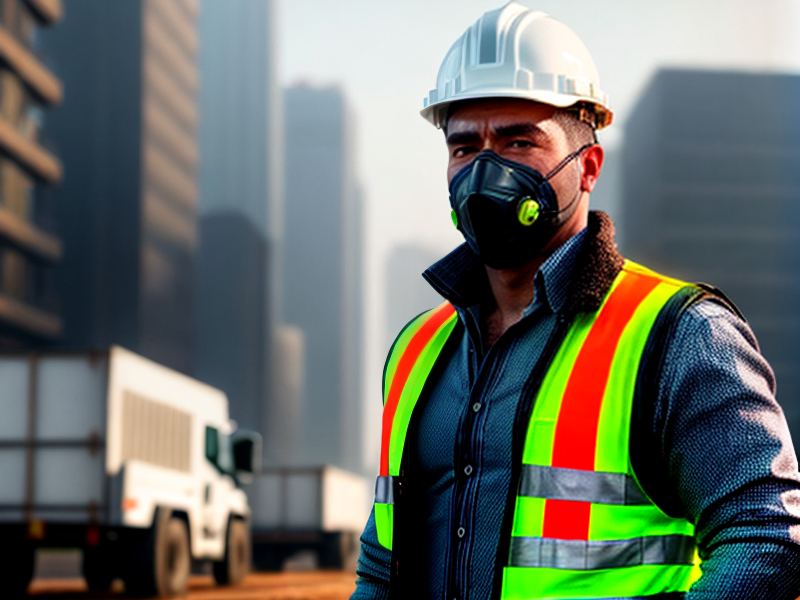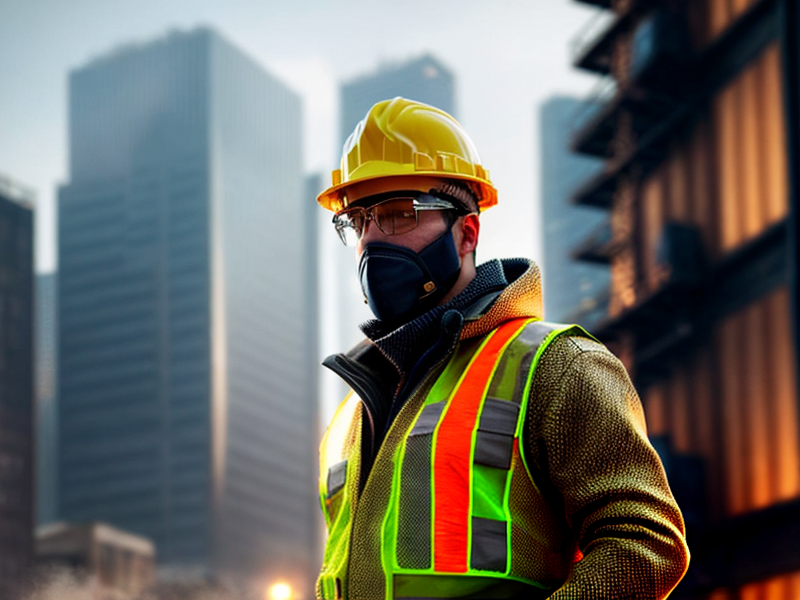Construction sites are often accompanied by high levels of noise pollution, which can have detrimental effects on the well-being of workers and nearby residents. Excessive noise not only poses a risk to the health of individuals but also contributes to decreased productivity and increased stress levels. Therefore, it is crucial for construction companies to implement effective strategies to manage and reduce noise pollution on their sites. In this article, we will explore various methods and technologies that can be employed to mitigate noise pollution, ensuring a safer and more comfortable environment for all stakeholders involved.

Understanding the Impact of Noise Pollution on Construction Sites
Excessive noise levels on construction sites can lead to a range of adverse effects on workers, nearby residents, and the environment. It can cause hearing damage, stress, and fatigue among workers, leading to reduced productivity and quality of work. Additionally, prolonged exposure to high noise levels has been linked to cardiovascular diseases, sleep disturbances, and decreased concentration abilities. The impact on nearby residents includes disturbance of daily activities and potential health issues. Moreover, noise pollution can disrupt wildlife habitats and cause harm to the ecosystem. Recognizing these negative consequences is the first step in developing effective noise reduction strategies.

Planning and Designing for Noise Reduction
One of the most effective ways to manage noise pollution on construction sites is to incorporate noise reduction measures during the planning and designing stages. By considering noise implications early on, engineers and architects can implement design features that minimize noise propagation. This can include locating noisy activities away from sensitive areas, such as schools and hospitals. Additionally, incorporating noise barriers, such as walls or acoustic fences, into the construction plans can significantly reduce the noise impact on surrounding communities.
Using quieter construction methods and equipment also plays a vital role in mitigating noise pollution. Opting for electric-powered machinery instead of diesel-powered ones can significantly reduce noise levels. Using noise-absorbing or noise-damping materials can also help in minimizing noise propagation. Furthermore, scheduling noisy activities during off-peak hours can minimize the impact on nearby residents.
Deploying Technological Solutions for Noise Control
Advancements in technology have provided construction companies with innovative tools and equipment to effectively control noise pollution. One such technology is the use of noise barriers and enclosures, which can be installed around noisy machinery or construction activities to contain and absorb the sound. These barriers are designed to be easily movable, allowing for flexibility in placement as the construction progresses.
Another technology that has proven effective in noise reduction is the use of acoustic curtains or blankets. These specialized materials can be draped around equipment or construction areas to limit noise propagation. They are lightweight, portable, and easy to install, providing a versatile solution for controlling noise pollution on construction sites.
Additionally, the implementation of real-time noise monitoring systems can help construction companies identify areas with excessive noise levels and take immediate action to mitigate them. These systems use advanced sensors and analytics to monitor noise levels continuously, providing valuable data to assess the effectiveness of noise reduction strategies and make informed decisions.
Noise pollution on construction sites is a significant concern that requires proactive management and mitigation efforts. By understanding the impact of excessive noise, incorporating noise reduction measures during the planning phase, and deploying technological solutions, construction companies can create safer and more environmentally friendly work environments. Prioritizing noise reduction not only protects the health and well-being of workers and nearby residents but also contributes to increased productivity and a positive public perception of construction projects. As the industry continues to evolve, it is essential for construction companies to embrace sustainable practices and prioritize the reduction of noise pollution on their sites.